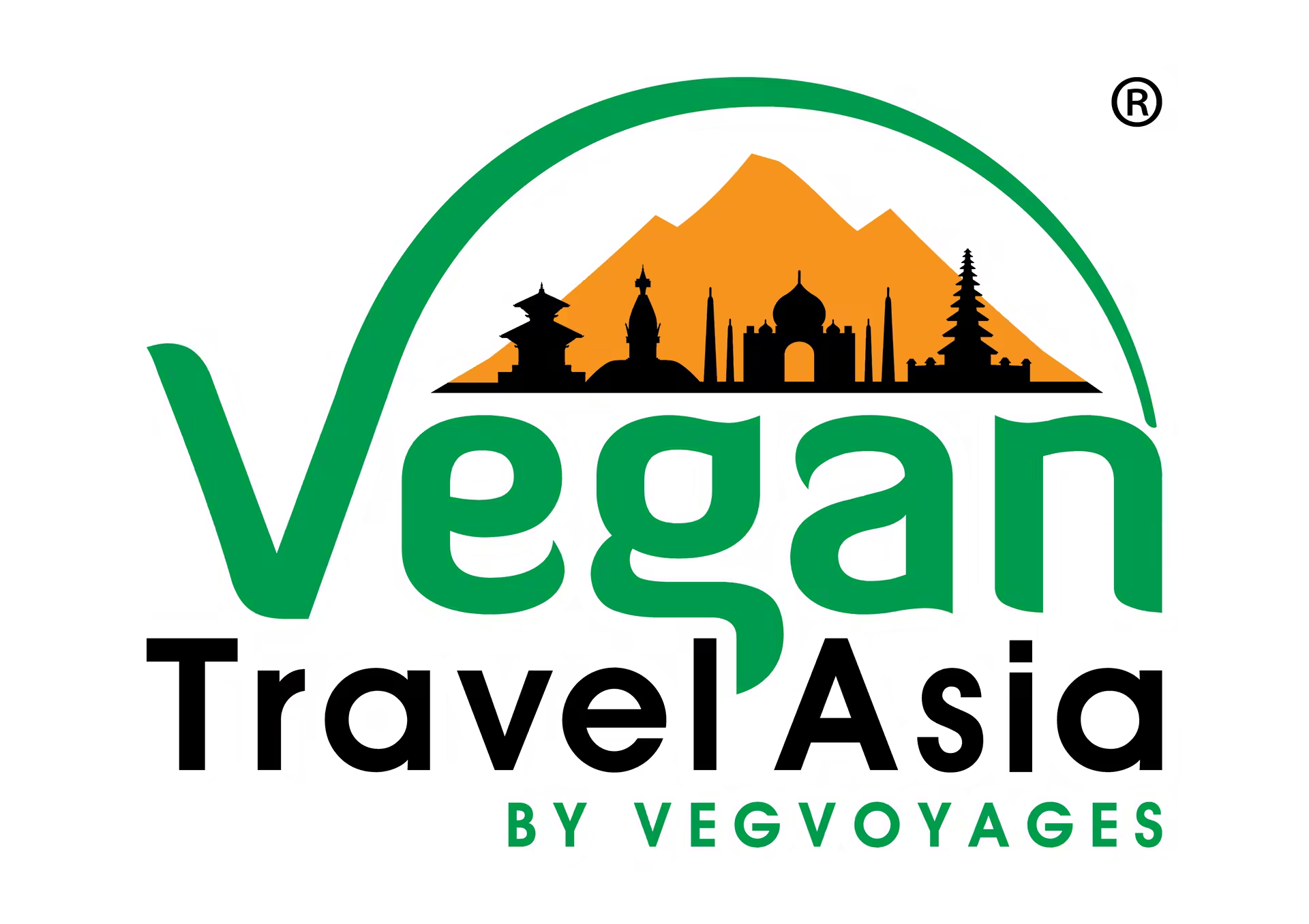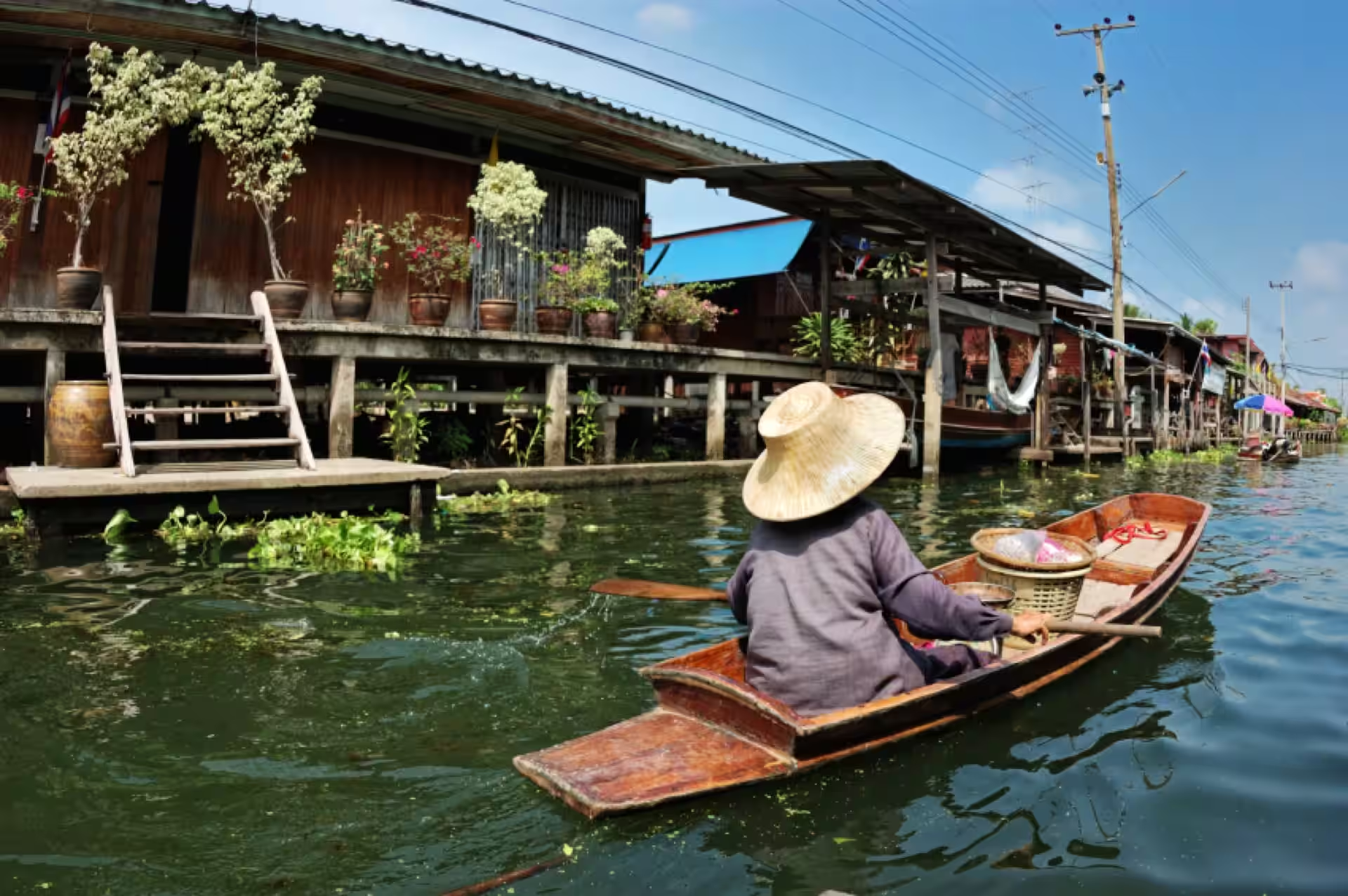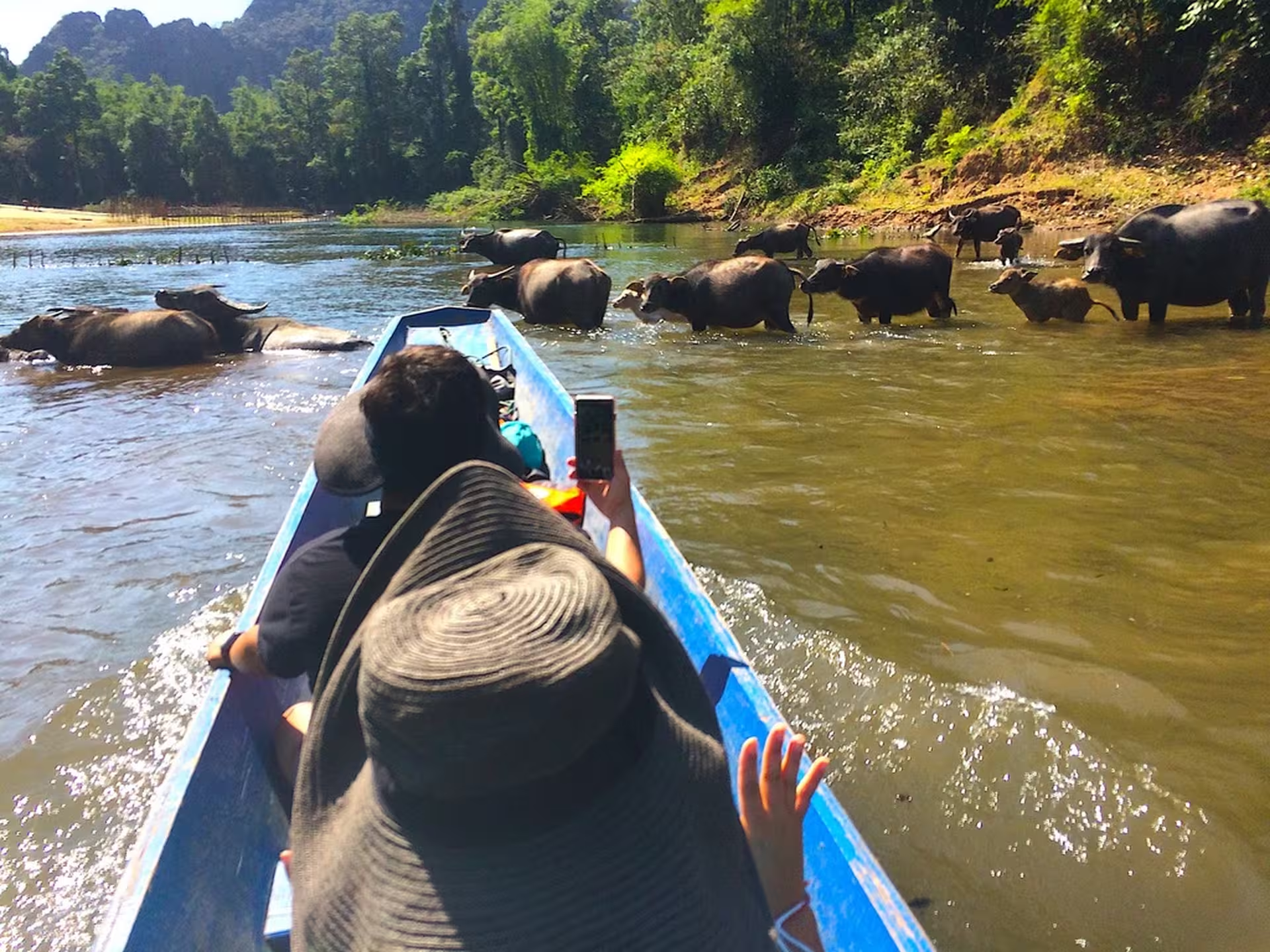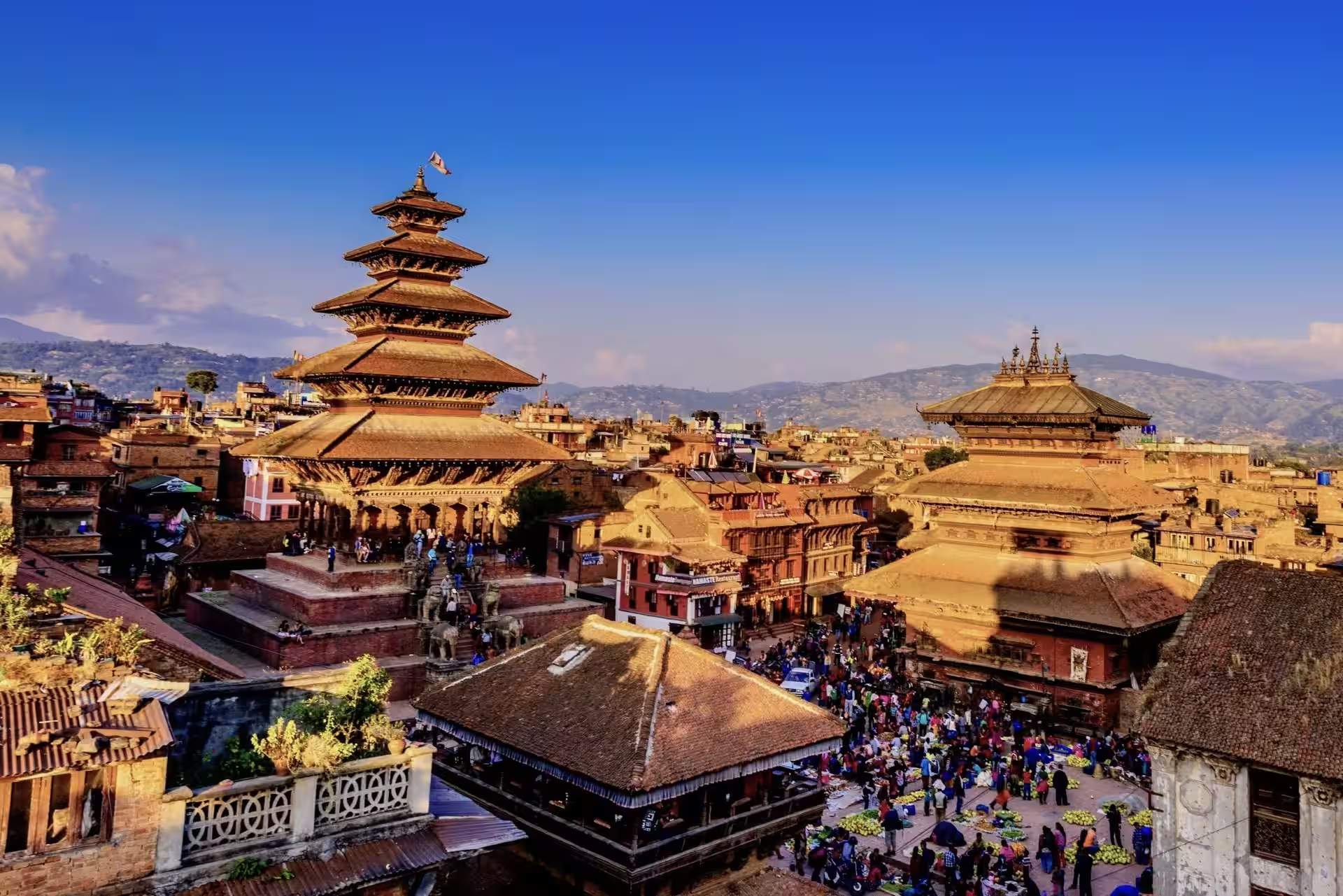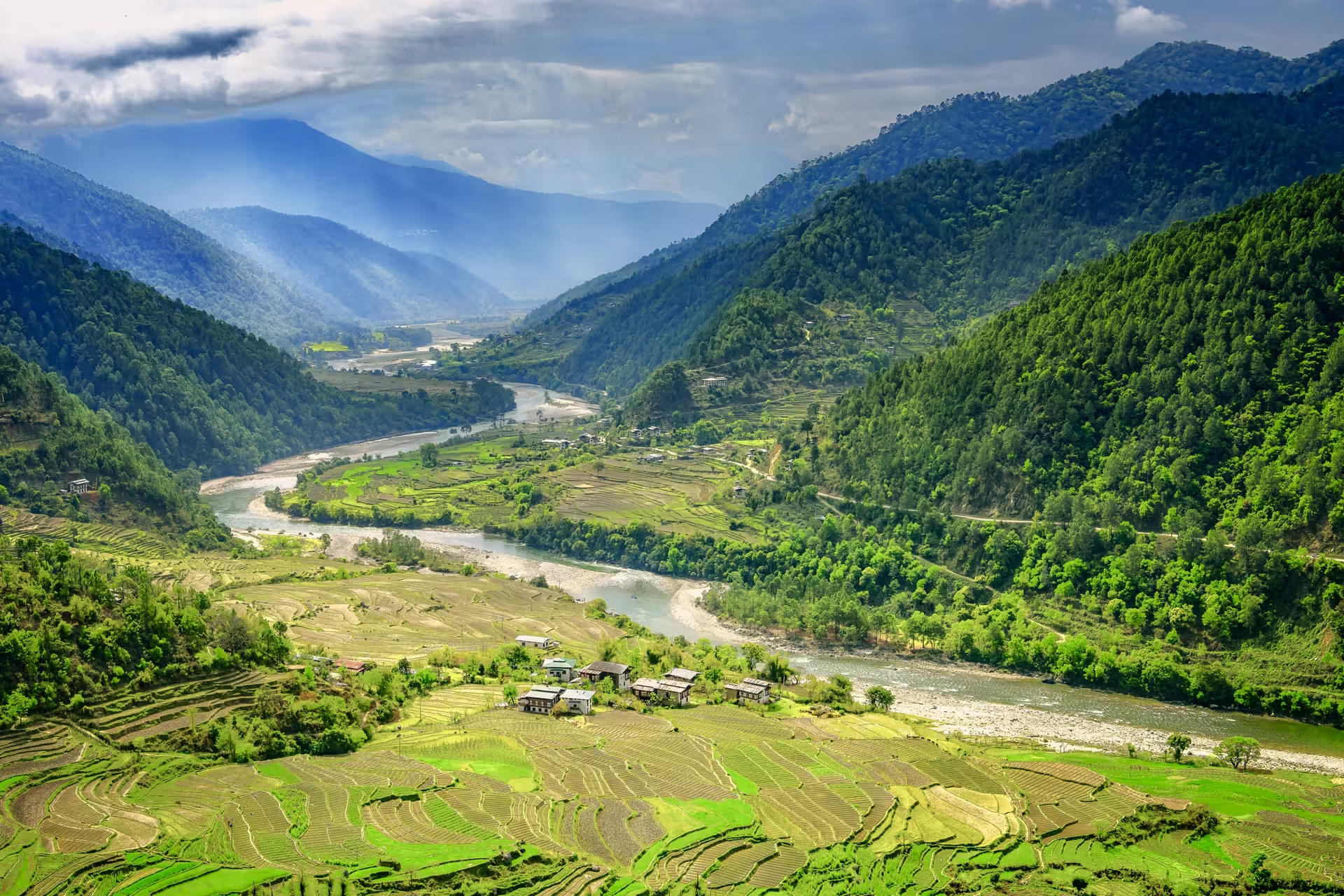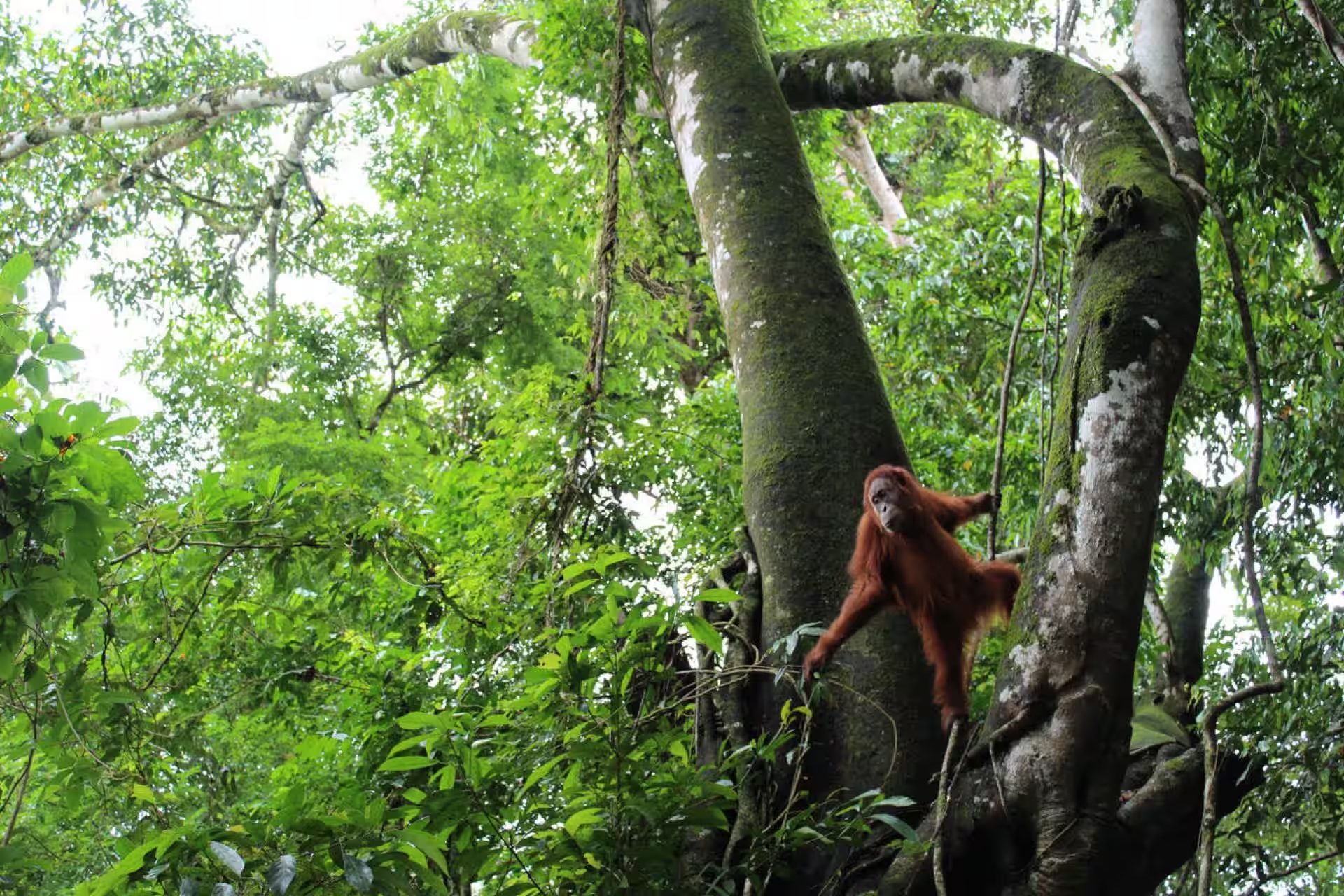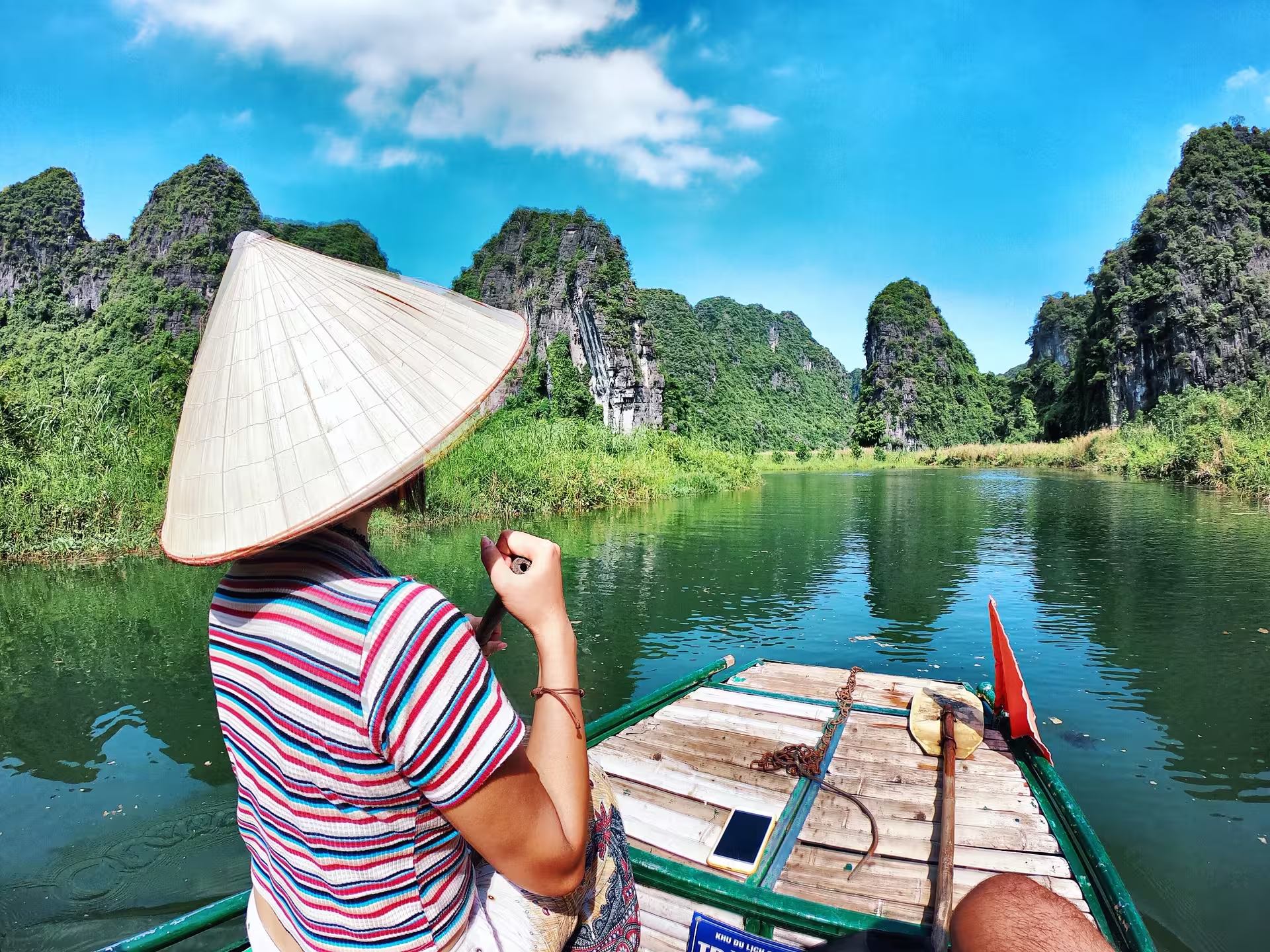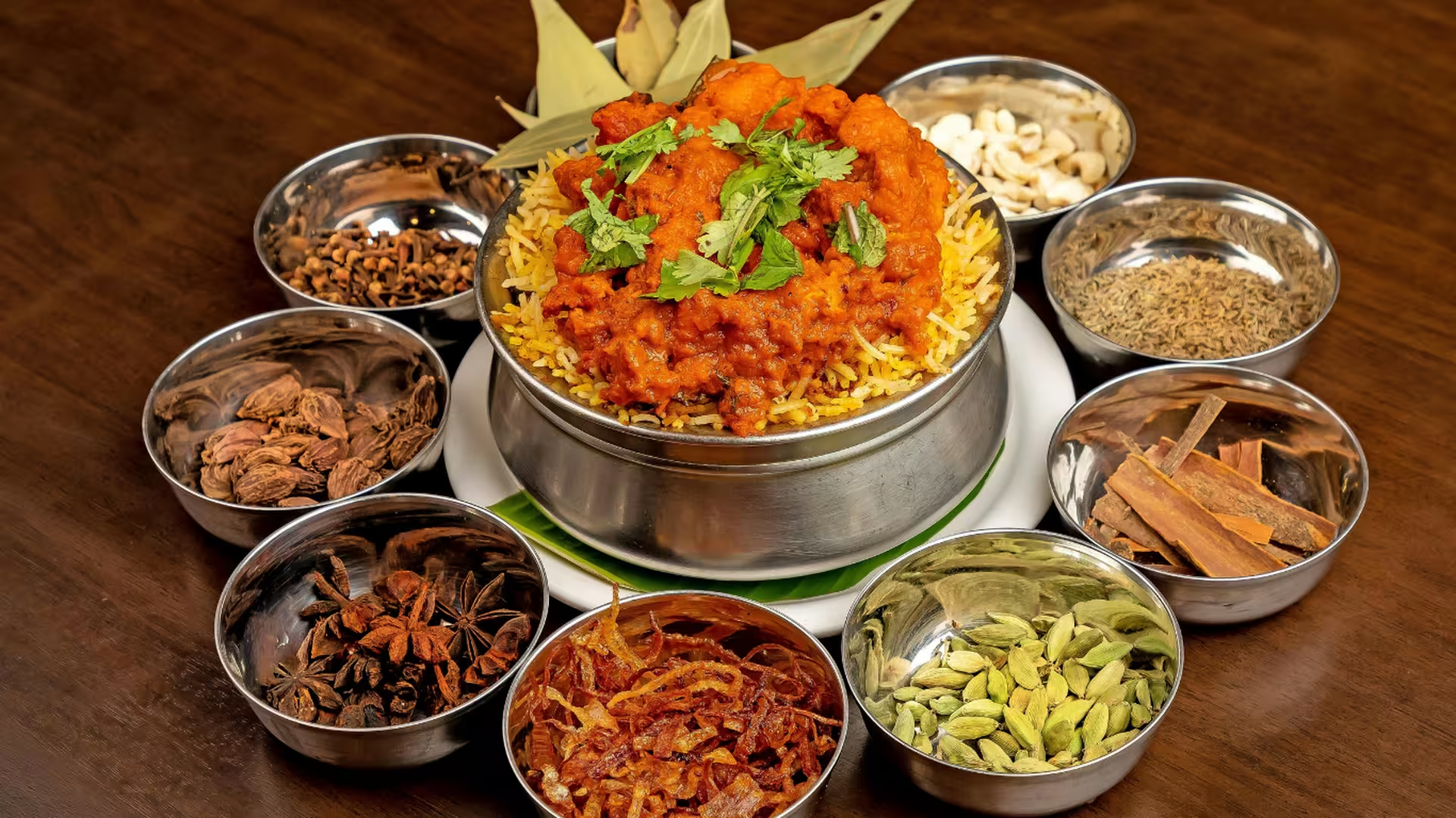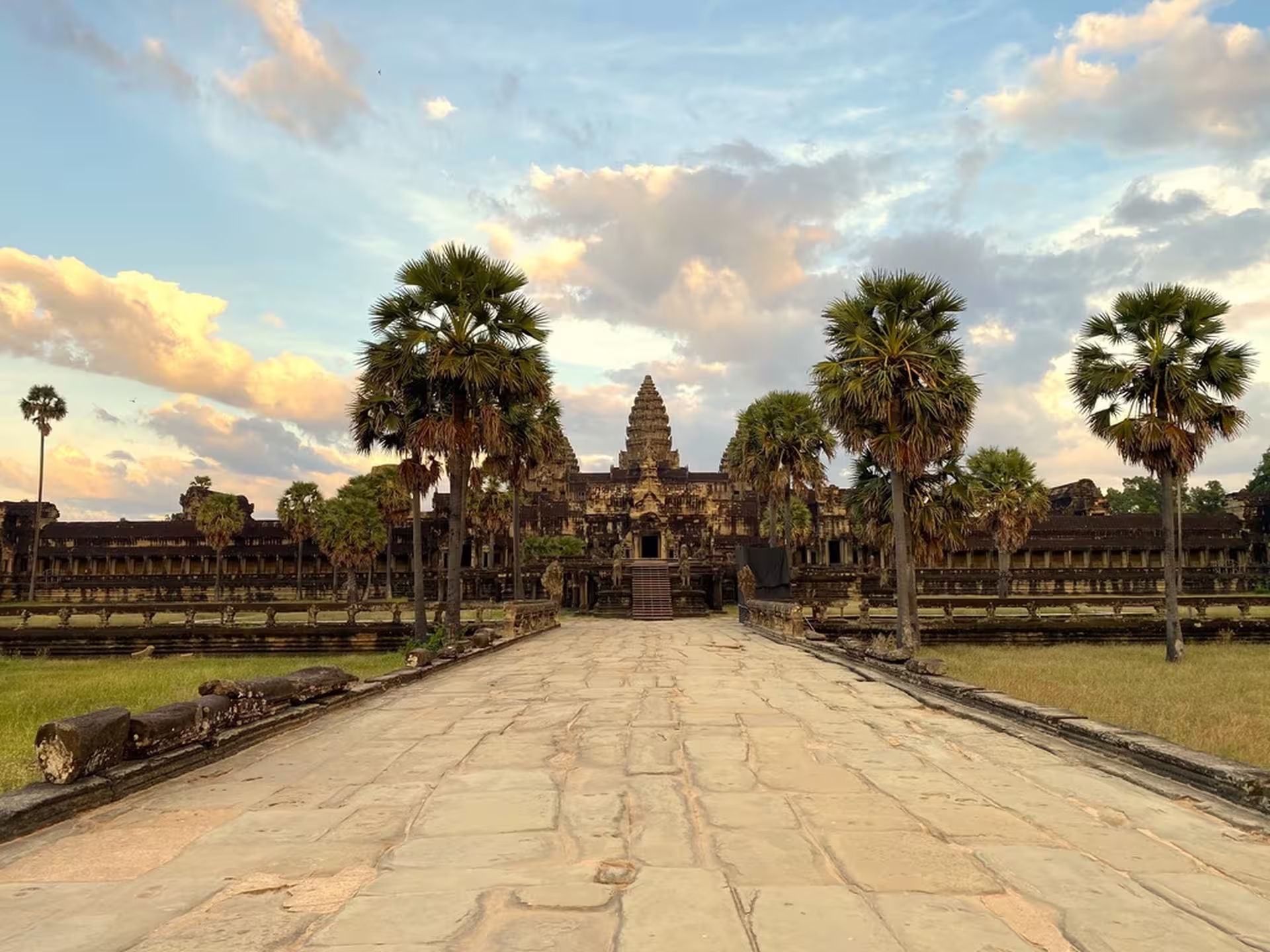Carbon Conscious Trips
We are thrilled to announce that at Vegan Travel Asia by VegVoyages, we are taking our commitment to sustainability to the next level. All of our trips are carbon conscious.
At Vegan Travel Asia by VegVoyages, we take our commitment to the planet and local communities seriously. That’s why we’ve begun the process of measuring and managing our carbon emissions. We engaged the sustainable tourism consultancy Climate Conscious Travel to analyze our trips, figure out where the majority of our emissions lie, and design compensation projects that help us avoid carbon while creating co-benefits for communities in our region of travel.
Also, we understand that the amount of meat in one’s diet has a substantial effect on carbon emissions – and is a low-hanging fruit to reduce our footprint Scientific studies reveal that high meat consumption generates the most carbon emissions, while vegan food produces the least. As part of our commitment to sustainable travel alternatives and minimizing our carbon footprint, we prioritize vegan travel and encourage our guests to adopt environmentally friendly habits.
The above graph represents the estimated food-based carbon emissions in Kilograms – (kg) based on different types of diets and the length of the trip.
For these analyses, six dietary groups were identified: high meat-eaters ( > = 100 g/d), medium meat-eaters (50 to 99 g/d), low meat-eaters ( > 0 and < 50 g/d), fish-eaters, vegetarians and vegans. Initially, subjects were categorised into meat-eaters, fish-eaters, vegetarians and vegans according to responses to the following yes/no questions: Do you eat any meat (including bacon, ham, poultry, game, meat pies, sausages)? Do you eat any fish? Do you eat any eggs? Do you eat any dairy products (including milk, cheese, butter, yoghurt)? Here’s the link to the source of this data: Springer Article
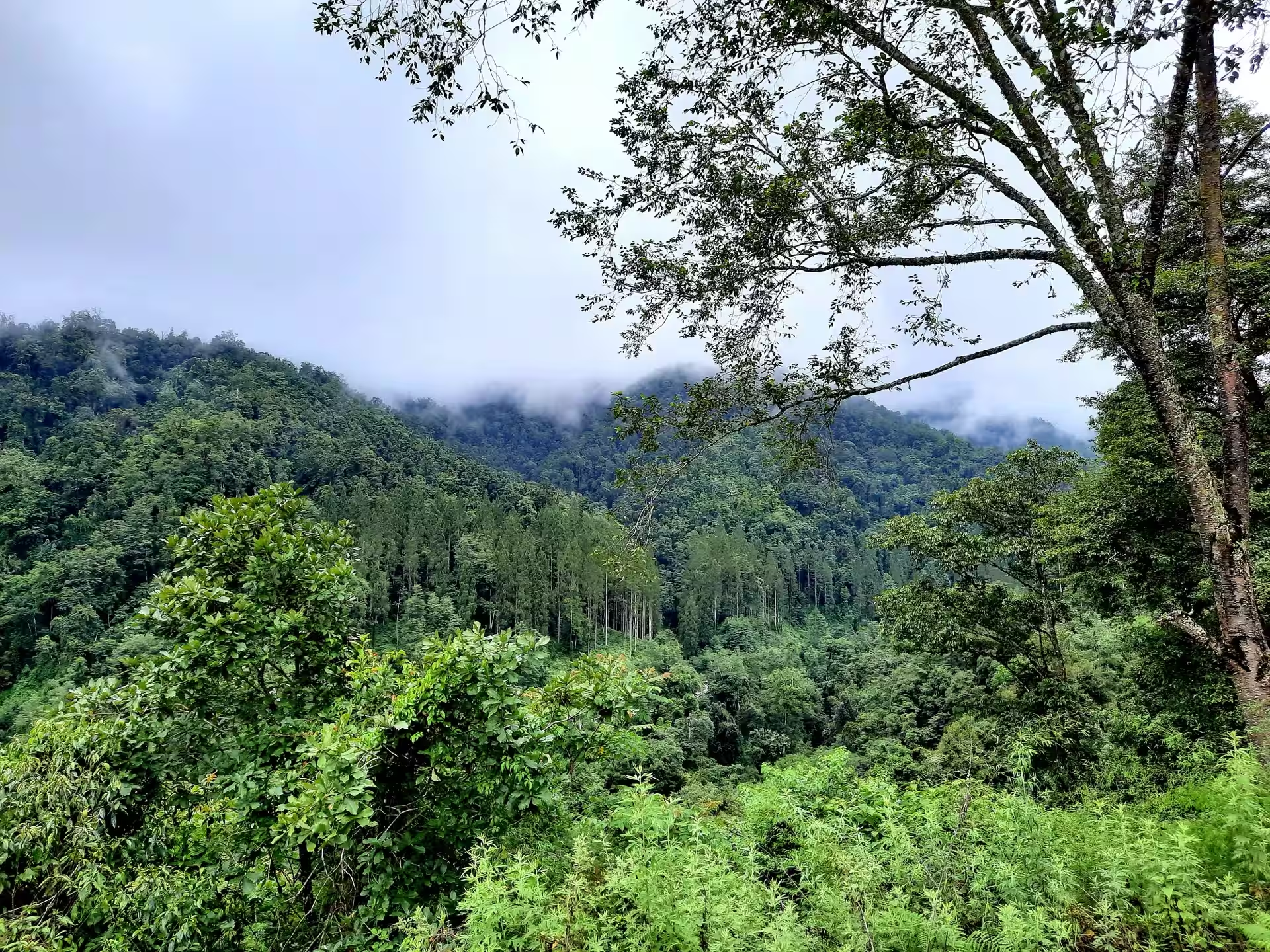
Our trips prioritize sustainability and minimize environmental impact in various ways:
- We use land transportation whenever possible and offset flights through community forests that benefit nearby villages or educational institutions.
- We support neighborhood-based environmental initiatives in conjunction with regional environmentalists and animal protectionists.
- We prioritize low environmental impact accommodations such as homestays and family-run inns/hotels.
- We visit national parks and protected marine life reserves to support conservation efforts.
- We encourage the use of reusable water bottles to reduce single-use plastic waste.
- Our tours consist of small groups of like-minded people to share emissions.
- We eliminate animal exploitation and the emissions caused by animal agriculture by avoiding animal rides, zoos, “selfie ops” with animals, and animal shows.
- We work closely with community kitchens to develop new vegan recipes and offer delicious and sustainable food option
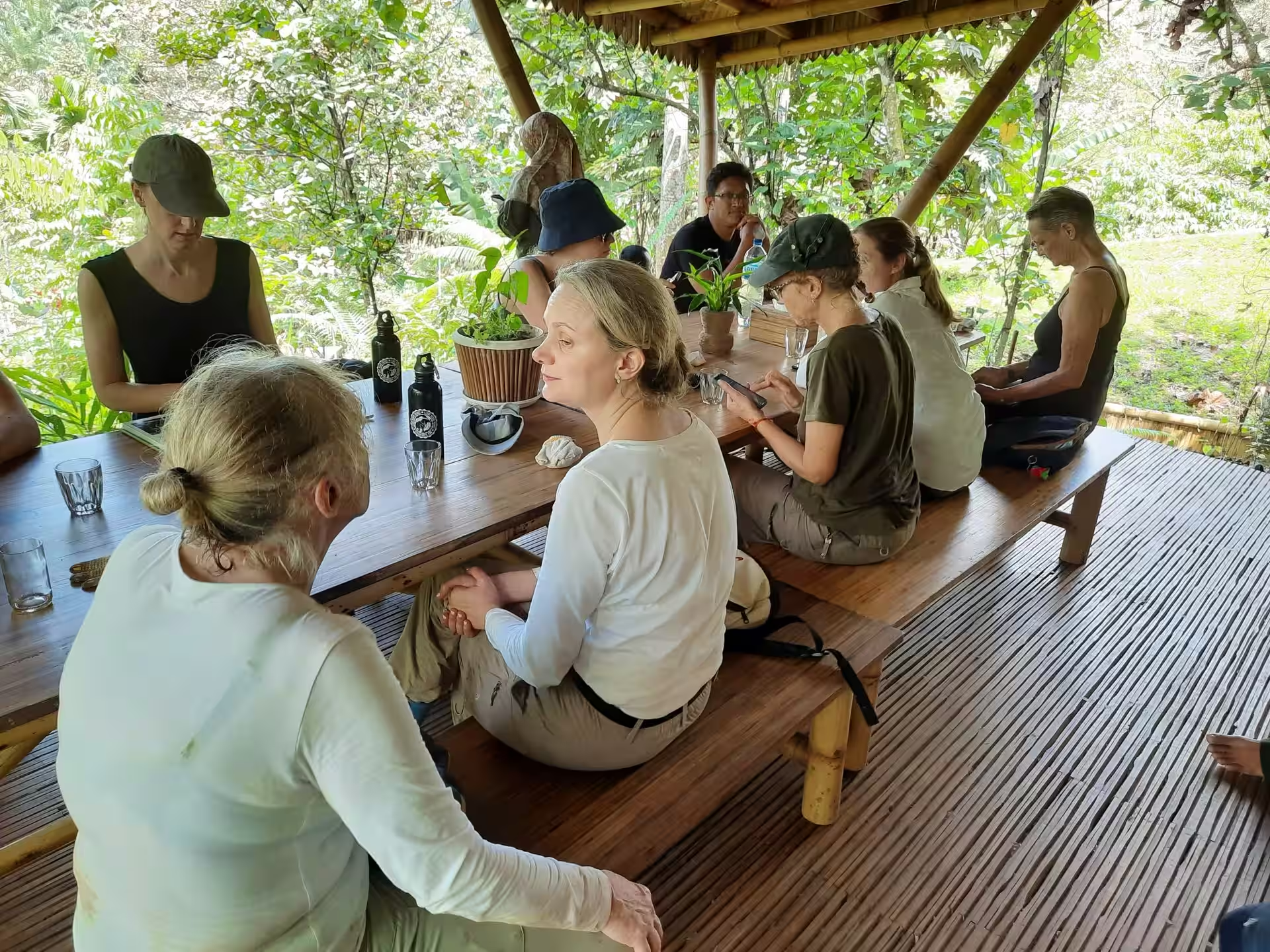
Our trips are currently being offset through
- Native tree plantation projects, including community food forests and rewilding in wildlife rescue sanctuaries. During our Cambodia trip, travelers are invited to participate in one such project and plant native trees in the Cambodia Wildlife Sanctuary.
- Clean cook stoves training and distribution in rural communities in Eastern Nepal, to replace biomass cooking. This project simultaneously brings health benefits to women, by reducing the time spent collecting firewood for cooking, and preventing harmful smoke from indoor biomass cooking
